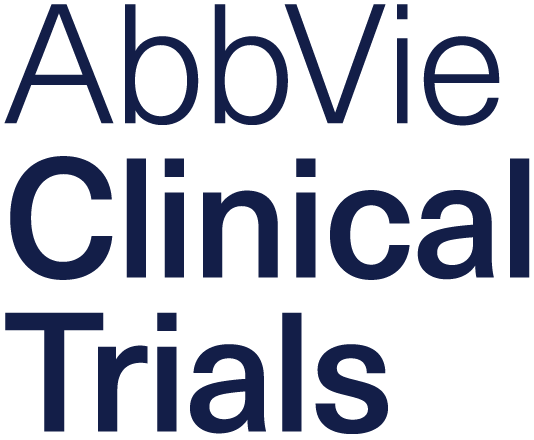A Safety and Efficacy Study of Relamorelin in Diabetic Gastroparesis 01
Study Details
Medical Condition
Study Phase
Intervention Type
Date
Participation Requirements
Gender
Age
Healthy Volunteers
Inclusion Criteria
Exclusion Criteria
Have a question?
You can ask us questions via online form or phone call.
Call us @: 844 663-3742
| Location | Status | Site Contact Details |
|---|
This study will evaluate the safety and efficacy of relamorelin compared to placebo in participants with diabetic gastroparesis. Participants will report daily severity scores of their diabetic gastroparesis symptoms.
Change From Baseline to Week 12 in the Weekly Diabetic Gastroparesis Symptom Severity Score (DGSSS)
Time Frame: Baseline (Day-14 to Day-1) to Week 12
Percentage of Participants Meeting the Vomiting Responder Criterion During Each of the Last 6 Weeks of the 12-week Treatment Period
Time Frame: Week 6 to Week 12
Percentage of Participants Meeting the Nausea Responder Criterion During Each of the Last 6 Weeks of the 12-week Treatment Period
Time Frame: Baseline (Day-14 to Day-1) to (Week 6 to Week 12)
Percentage of Participants Meeting the Abdominal Pain Responder Criterion During Each of the Last 6 Weeks of the 12-week Treatment Period
Time Frame: Baseline (Day-14 to Day-1) to (Week 6 to Week 12)
Percentage of Participants Meeting the Bloating Responder Criterion During Each of the Last 6 Weeks of the 12-week Treatment Period
Time Frame: Baseline (Day-14 to Day-1) to (Week 6 to Week 12)
Percentage of Participants Meeting the Postprandial Fullness Responder Criterion During Each of the Last 6 Weeks of the 12-week Treatment Period
Time Frame: Baseline (Day-14 to Day-1) to (Week 6 to Week 12)
Number of Participants Who Experienced One or More Treatment-Emergent Adverse Events (TEAE)
Time Frame: Up to approximately 16 weeks
Number of Participants With Potential Clinically Significant (PCS) Clinical Laboratory Results
Time Frame: Up to 12 weeks
Number of Participants With Clinically Meaningful Trends for Vital Signs
Time Frame: Up to 12 weeks
Number of Participants With Clinically Significant Abnormal Electrocardiogram (ECG) Results
Time Frame: Up to 12 weeks
Number of Participants With a ≥1% Increase in Glycosylated Hemoglobin A1c (HBA1c)
Time Frame: Baseline (Day 1) up to 12 weeks
Number of Participants With Anti-relamorelin Antibody Testing Results by Visit
Time Frame: Baseline (Day 1), Day 14, Day 28, Day 84, and End of Treatment (Up to Day 84)
Interventions:
- Drug: Placebo
- Drug: Relamorelin
Enrollment:
336
Additional Information
Watch a video to learn more about what you may experience as a clinical trial volunteer: /resources/what-happens-in-a-clinical-trial
Take a virtual reality screening visit tour to an example of a clinical trial site: /resources/screening-visit-virtual-tour
Use a questionnaire tool to think through questions to ask yourself about participating in a clinical trial and print out your responses to discuss with your partners in your health journey: /resource-information-clinical-trial-community/decision-counselor

